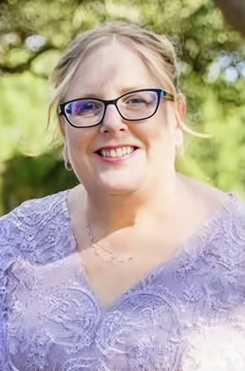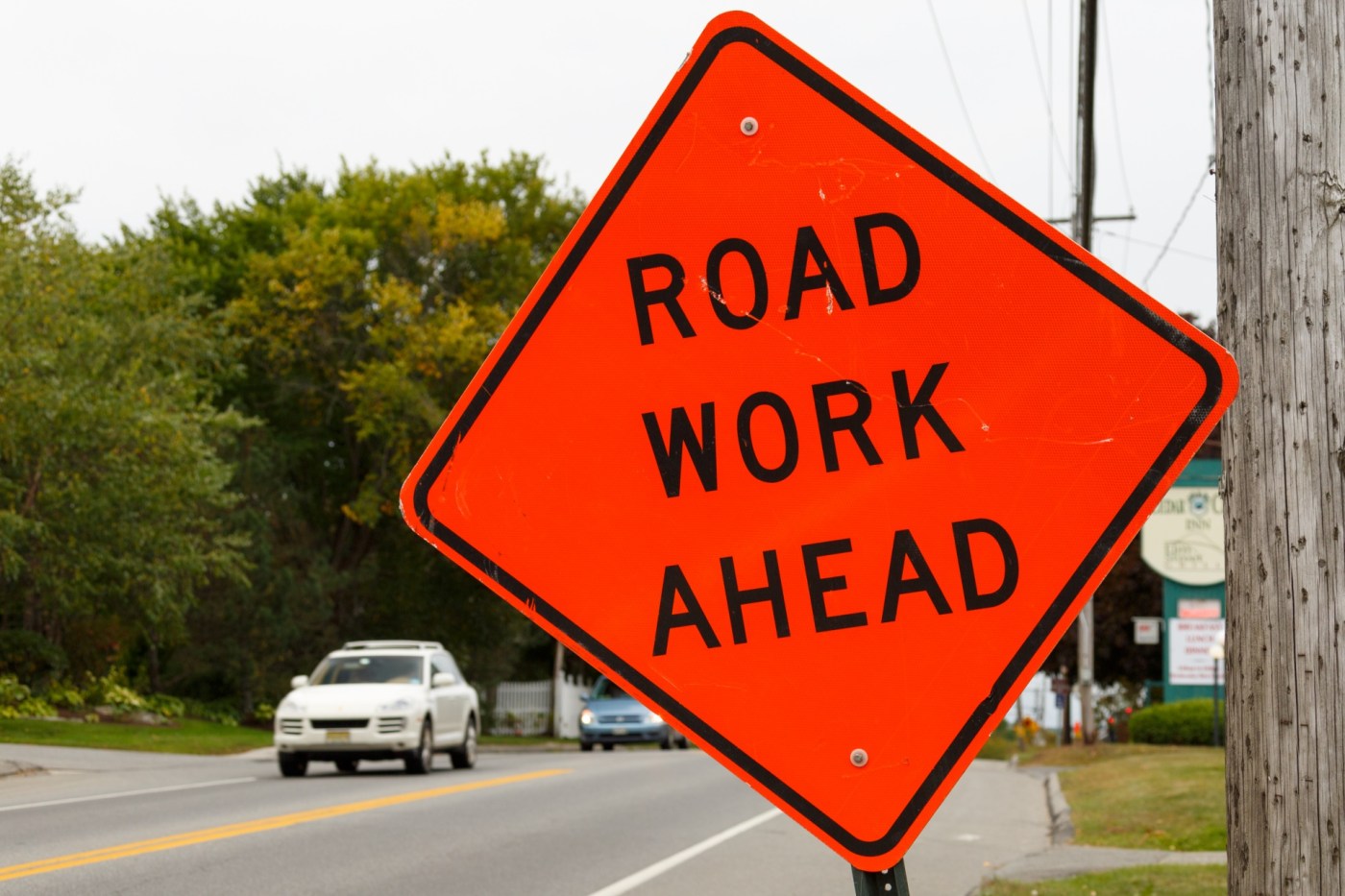UPDATE: A new poll highlights alarming gaps in awareness of critical care options among older adults. Just **36%** of individuals age **50 and over** report knowledge of **palliative care**, while **68%** are familiar with **hospice care**, according to findings from the **University of Michigan National Poll on Healthy Aging**. This urgent revelation underscores a significant need for increased education on these essential healthcare services.
The survey revealed that while many older adults seek comfort during serious illnesses, a staggering **64%** say they know very little or nothing about palliative care, which focuses on symptom management and quality of life for patients with serious, incurable conditions. Conversely, **32%** stated they have minimal understanding of hospice care, an option that emphasizes dignity and comfort for terminal patients.
After receiving definitions of both types of care, the interest among older adults surged: **84%** expressed a desire for palliative care if faced with a serious illness, and **85%** indicated they would want hospice care if they were nearing the end of life.
Dr. **Adam Marks**, a specialist in palliative care at U-M Health, emphasizes the importance of understanding these options. “Palliative care is not about giving up on treatment,” he stated. “It’s about enhancing quality of life by addressing symptoms and side effects.” This revelation is critical as **healthcare providers** increasingly incorporate palliative care into treatment plans.
Disparities in knowledge were noted across demographics. The poll found that **White** and **Asian-American** older adults were nearly twice as likely to understand palliative care compared to **Black** or **Hispanic** respondents. Awareness of hospice care also varied significantly, with only **52%** of Black adults and **53%** of Asian Americans reporting familiarity, compared to **72%** of White adults.
Dr. **Jeffrey Kullgren**, the poll director, stresses the need for healthcare professionals to address these gaps. “Doctors should gauge their patients’ awareness levels before discussing palliative or hospice care,” he explained. This approach will foster more informed conversations and encourage patients to explore their options.
In Michigan, the survey results were consistent with national trends. Only **33%** of older adults in the state were aware of palliative care, mirroring national figures. However, interest in receiving this type of care after being informed about it was notably high, with **79%** expressing interest among Michiganders.
The findings are a clarion call for action. As **hospitals** and **healthcare systems** expand access to these critical services, educating older adults about their options is paramount. “We have our work cut out for us,” Dr. Marks stated, highlighting the need for comprehensive outreach.
With **palliative care** increasingly integrated into healthcare delivery, it is vital for patients and families to recognize that seeking this form of care does not equate to abandoning treatment but rather enhances overall well-being during challenging times.
For more information about nearby hospice and palliative care providers, visit the **Area Agency on Aging** serving your region. This resource can be instrumental for older adults seeking support in navigating their healthcare choices.
As this situation continues to develop, the urgency for education on palliative and hospice care cannot be overstated. Awareness can lead to better health outcomes and improved quality of life for those facing serious illnesses.







